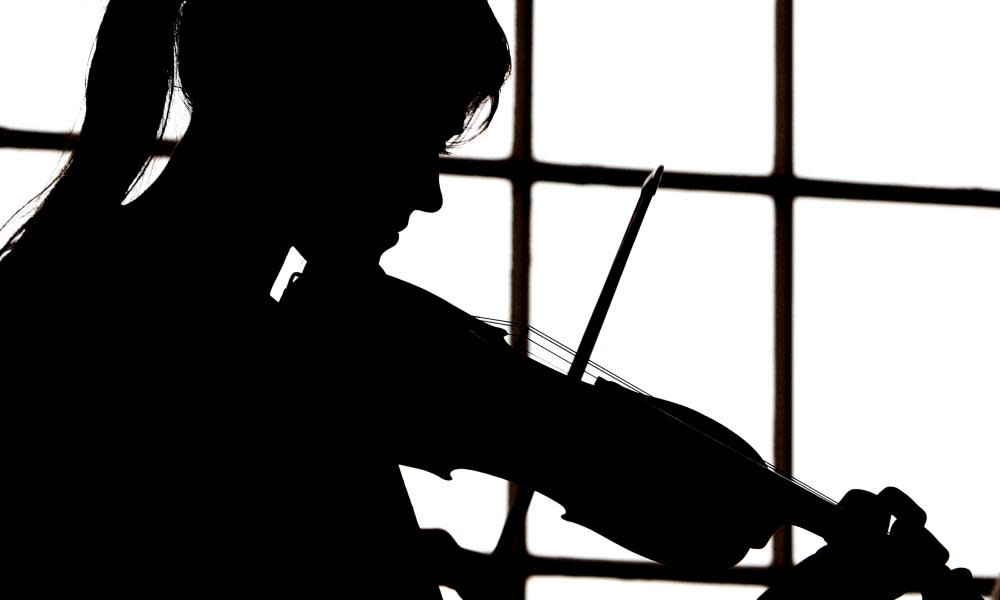Artists quitting music business due to abuse and sexism, says union

Reams of talented artists are leaving the music industry due to sexism and abuse, the Musicians’ Union has said, with new figures suggesting almost half of its members have experienced harassment at work.
The union called on the government to extend protections relating to discrimination and harassment in the Equality Act 2010 to freelancers, so that they were entitled to the same protections as those in fixed employment.
In a survey conducted by the union – which represents more than 31,000 musicians, 90% of whom are freelancers – 48% of respondents said they had experienced workplace harassment. More than four in five (85%) did not report it.
“We are aware of far too many cases of talented musicians, particularly young or emerging artists, leaving the industry altogether due to sexism, sexual harassment or abuse,” said Naomi Pohl, deputy general secretary at the Musicians’ Union.
“Survivors are often unable to speak out because the consequences for their career or personal life are devastating. In most cases we’re aware of, the survivor ends up leaving the workplace or the industry and there are very few consequences for the perpetrator.”
The survey of 725 musician’s union members from across the country found that almost two-thirds (61%) felt they were more at risk because they worked on a freelance basis. Just one in five (19%) said the contracts they work under included policies or procedures to deal with incidents of sexual harassment.
Workplace culture was seen as the greatest barrier to reporting harassment (55%), followed by fear of losing work (41%), the expectation that the issue would not be handled appropriately (32%) and fear of not being believed or taken seriously (27%).
One woman, who wished to remain anonymous, said she had reported sexual harassment by a high-profile individual to a major employer in the industry. “I understand I was one of 10 women making reports about the same individual and yet no action was taken as far as I’m aware,” she said.
“We are freelance musicians and the incidents occurred when we were performing on tour. I was told this was just ‘lad culture’ by the person investigating my complaint. No wonder such a high proportion of issues go unreported.”
Pohl said the union had set up a “safe space” email in 2018, where members could confidentially and anonymously report sexual harassment, abuse, bullying and discrimination. “Since then, we have received well over 100 reports but very few have led to any form of justice,” she said. “The law frustrates survivors every step of the way and in many cases it is used to silence them.”
The union called on the government to introduce a mandatory duty on workplaces to take reasonable steps to protect people from harassment and victimisation. They said a statutory code of practice should be drawn up to set out the steps employers should take to prevent and respond to sexual harassment, which could then be used when determining whether the mandatory duty has been breached.

 Yahoo News
Yahoo News 
